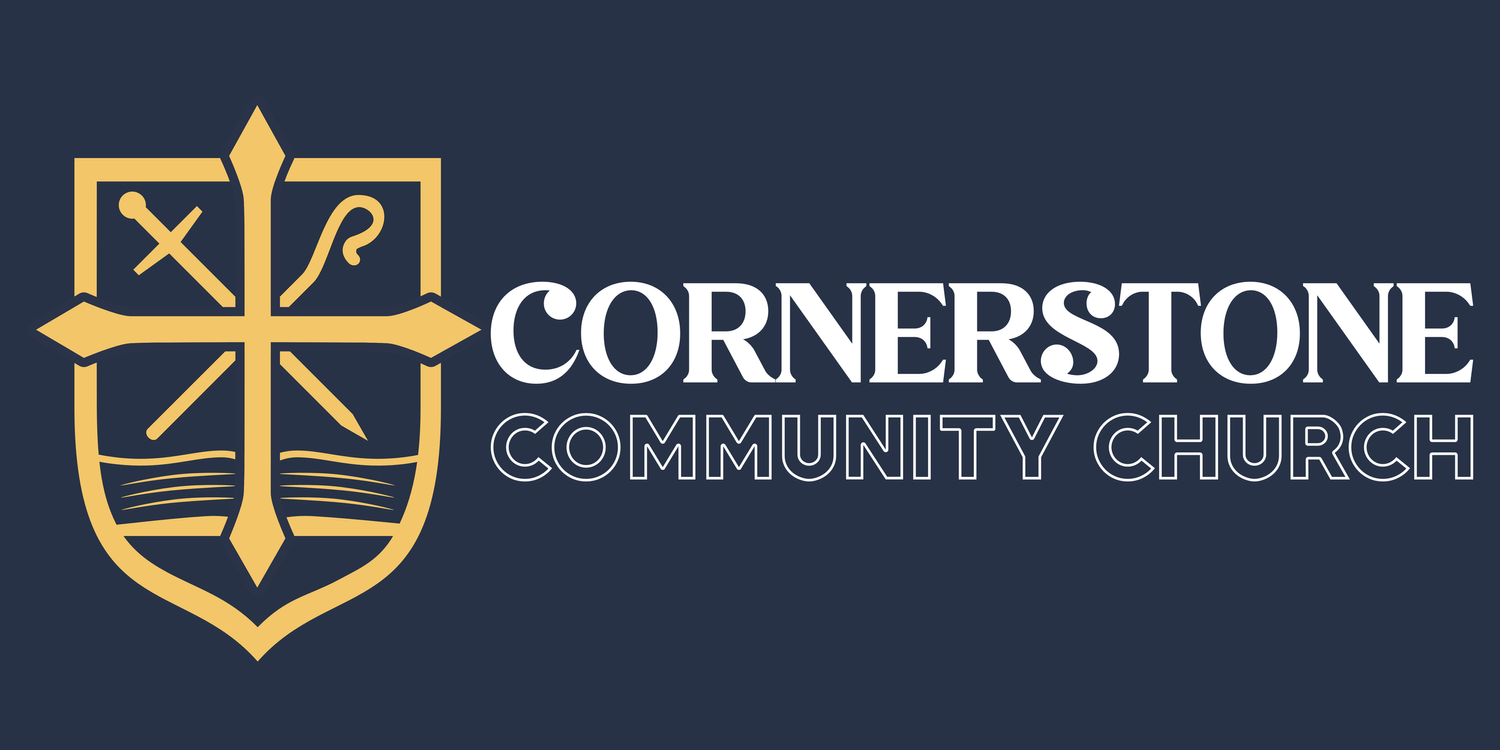A People and Place
By: Pastor Bailey Miller
the Church: God's People
What comes to mind when you hear the word “church”? A building? A gathering? A Sunday ritual? At its core, the Church is not just an institution or a building; it is a people—a chosen people whom God has called out for Himself, and brought as a congregation before himself. Throughout history, God has preserved a faithful remnant, beginning with His covenant promises to Abraham, where He declared that through his seed all nations would be blessed (Genesis 12:2-3). This lineage traces through the Old Testament, marking God's ongoing covenantal relationship with His people, culminating in the birth of Christ, the ultimate fulfillment of God's promise and the cornerstone of the Church (Galatians 3:16).
Scriptural Foundation: The Church in Old and New Testaments
In the Old Testament, God's covenant with Israel foreshadows the New Covenant in Christ. Through the prophets, God promises to gather His people from all nations (Isaiah 56:7) and to establish a new covenant written on the hearts of His people (Jeremiah 31:31-34). This covenantal framework sets the stage for Christ's ministry and the birth of the Church as we see it in the New Testament.
The New Testament reveals Christ as the fulfillment of these promises. In Matthew 16:18, Jesus declares His intention to build His Church, emphasizing its foundation being Himself as the Messiah and Son of God, and the reason that the church will be eternally undefeated through His care as chief Shepherd (John 10:11-16). This declaration echoes through the Epistles, where Paul describes the Church as the body of Christ, united under the will of God, and empowered by the Holy Spirit (Ephesians 4:4-6).
Biblical Perspective: Key Doctrines of the Church
1. The Church as Christ's Body: As Paul articulates, the Church is not merely an organization but a living organism, intimately connected to Christ its Head as noted in 1 Corinthians 12:12-13. While the church is certainly far more than just a weekly gathering, it is never less than that. Acts 2:42-47 illustrates the early Church, the foundation of the new testament church as we know it, as a devoted community engaged in worship, fellowship, and mutual care. This communal aspect highlights the Church's role as a family of believers, united in the shared faith and determined obedience unto God who has drawn them together.
2. The Church as the Bride of Christ: In Ephesians 5:25-27, Paul beautifully portrays Christ's sacrificial love for the Church, comparing it to a husband's love for his wife. Christ gave Himself up for the Church, sanctifying her through the washing of water with the word, presenting her to Himself in splendor, without spot or wrinkle or any such thing, that she might be holy and without blemish. Revelation 19:7-9 depicts the culmination of this divine romance at the marriage supper of the Lamb, where the Bride—adorned in fine linen, bright and pure—represents the redeemed saints united with Christ in eternal fellowship and glory. Christ's sacrificial love for the Church demonstrates His redemptive purpose—to purify and sanctify His people, preparing them as a spotless Bride for eternity (Titus 2:14)
3. The Church's Mission: In Matthew 28:19-20, known as the Great Commission, Jesus commands His disciples to "Go therefore and make disciples of all nations, baptizing them in the name of the Father and of the Son and of the Holy Spirit, teaching them to observe all that I have commanded you." This mandate is not only a call to proclaim the Gospel but also to disciple and nurture believers in their faith, ensuring obedience to Christ's teachings. The early Church exemplified this mission in Acts 1:8, where Jesus promises the disciples that they will receive power from the Holy Spirit to be His witnesses in Jerusalem, Judea, Samaria, and to the ends of the earth. This expansive vision underscores the universal scope of the Church's mission—reaching all people groups with the message of salvation through Jesus Christ.
A People and a Place
So, is the Church a people or a place? In truth, it is both. The Greek word ekklesia means “called-out ones,” a reference to people. Yet these people are gathered and assembled for worship, life, and Gospel witness. The Church is a visible and communal expression of God’s grace on earth. While composed of imperfect people, the Church reflects the beauty of divine redemption. It exists solely by the grace of God and serves as one of the clearest displays of His mercy and mission.
Let us reflect deeply on what it means to belong to Christ’s body. To live as a called-out people, united in faith, grounded in truth, and driven by love and mission.

